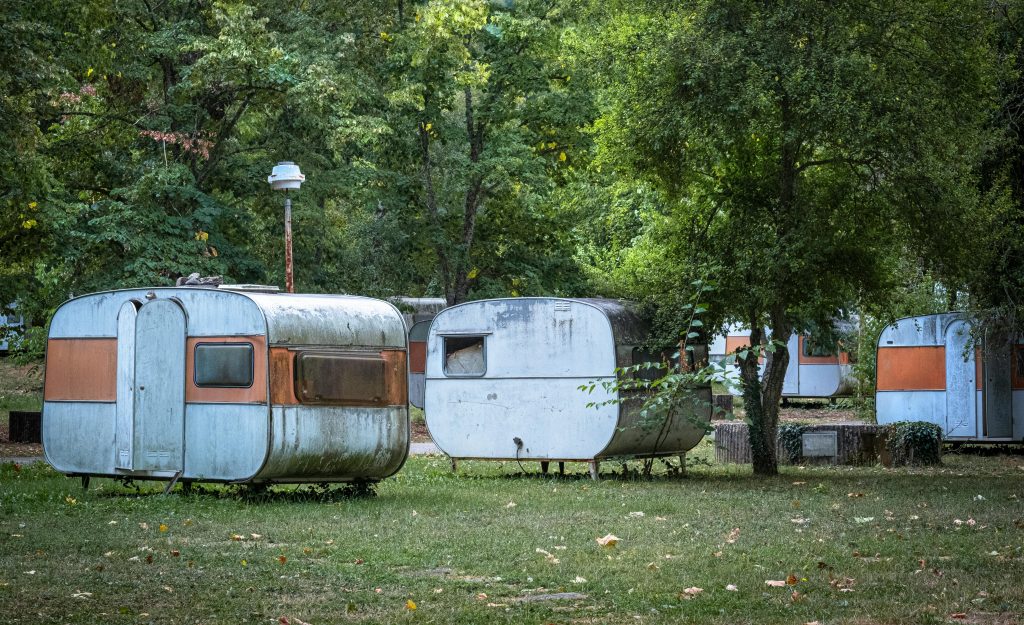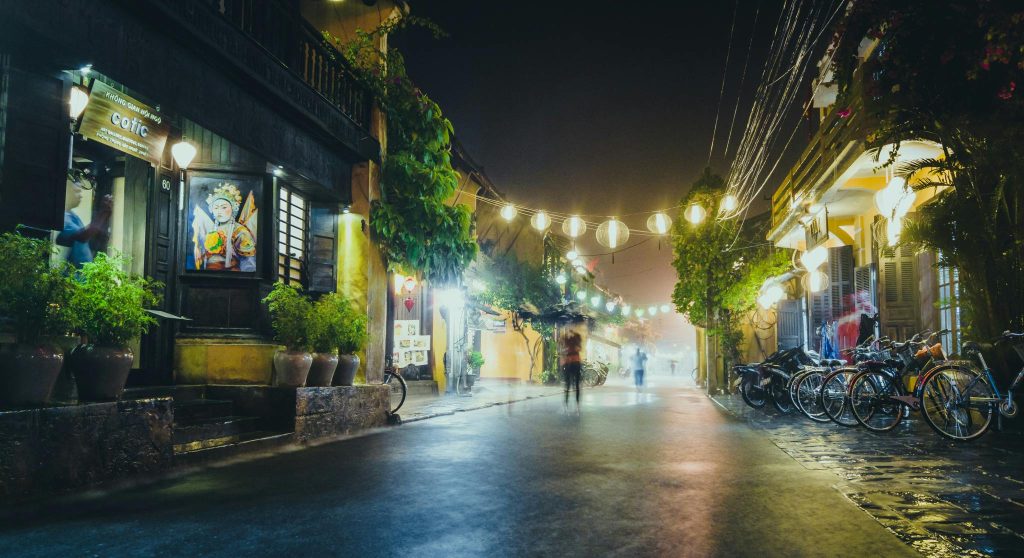Introduction
Travel opens our eyes, minds, and hearts—but it can also take a toll on the planet. With rising awareness around climate change, resource use, and cultural preservation, many modern travellers are seeking more mindful ways to explore the world. That’s where sustainable travel comes in.
At Sustainable Steps, we believe travel should be both enriching and respectful—to people, places, and the planet. In this article, we share top tips for success in sustainable travel, helping you make conscious choices that align with your values while still creating unforgettable experiences.
1. Choose Low-Impact Destinations and Off-Peak Travel
Where and when you travel matters just as much as how.

Sustainable strategies:
- Explore lesser-known destinations to reduce overtourism
- Travel during off-peak seasons to lessen environmental strain
- Look for eco-certified regions or protected areas that reinvest in local communities
This approach not only eases your impact—it offers a more authentic and peaceful experience.
2. Fly Less, Stay Longer
Air travel has one of the highest carbon footprints in tourism. When possible, opt for fewer flights and longer stays.
Tips:
- Combine multiple destinations into one extended trip
- Choose trains or buses for regional travel
- If you must fly, book direct flights and offset your carbon emissions through reputable programs
Slowing down your travel pace benefits the planet—and helps you connect more deeply with each place you visit.
3. Support Locally-Owned Businesses
Every dollar you spend can support sustainable, community-based economies.
Look for:
- Family-run guesthouses, homestays, or eco-lodges
- Local restaurants that serve regional, seasonal food
- Artisan-made products instead of mass-produced souvenirs
- Independent guides and tour operators from the area
Sustainable travel isn’t just about the environment—it’s about empowering local people.
4. Pack Light and Smart
Every kilogram counts when it comes to fuel use—plus, minimal packing helps you move with more freedom and less waste.
Sustainable packing checklist:
- Reusable water bottle, coffee cup, and cutlery
- Cloth shopping bag and travel towel
- Solid shampoo and soap bars to reduce plastic
- Reef-safe sunscreen and biodegradable toiletries
Pack only what you need—and pack with intention.
5. Stay in Eco-Conscious Accommodation
Where you sleep has a direct impact on your footprint.

Choose:
- Hotels or lodges with green certifications (e.g., EarthCheck, Green Key)
- Accommodations with energy-efficient systems and water-saving measures
- Properties that recycle, compost, and use renewable energy
Tip: Read reviews to see if sustainability is practiced, not just advertised.
6. Respect Wildlife and Natural Environments
Nature is not a backdrop for your feed—it’s a living system that deserves protection.
Do:
- Observe animals from a distance
- Stick to marked trails and avoid touching coral reefs or feeding wildlife
- Book tours with ethical operators who don’t exploit animals
Avoid attractions that involve animal performances or unnatural environments.
7. Minimise Waste While Travelling
Waste management systems vary globally—so it’s best to reduce at the source.
Tips:
- Decline single-use plastics at hotels, restaurants, and markets
- Say no to daily towel and linen changes in hotels
- Avoid disposable toiletries, straws, and packaging
If you create less waste, you leave less behind.
8. Learn the Local Culture and Language Basics
Cultural sustainability means preserving and respecting local traditions.

- Learn key greetings and phrases in the local language
- Dress appropriately for local customs or religious sites
- Ask permission before photographing people or sacred places
- Participate in local events, but do so as a guest—not a spectator
When you travel with cultural humility, you foster connection and mutual respect.
9. Offset Your Impact, But Don’t Stop There
Carbon offsets can be part of your sustainability toolkit—but they’re not a free pass.
Consider:
- Verified offset programs that support reforestation, clean energy, or community development
- Reducing your emissions first, then offsetting what’s left
- Supporting projects aligned with the destinations you visit
Offsetting should complement your actions—not replace them.
10. Be a Conscious Storyteller
How you talk about your travels influences others.
Share with care:
- Highlight cultural learning and local voices, not just luxury or aesthetics
- Be honest about your choices and their impact
- Inspire others to travel more responsibly through your reflections and resources

Responsible travel includes being responsible with your platform.
Conclusion
Sustainable travel is not about perfection—it’s about awareness, respect, and progress. Every decision you make, from what you pack to where you stay, has the power to create positive ripple effects. As travellers, we have a responsibility to protect the very places that inspire us.
At Sustainable Steps, we’re committed to helping you explore more mindfully. With these top tips, you can tread lightly, travel intentionally, and make each journey a step toward a more sustainable world.
